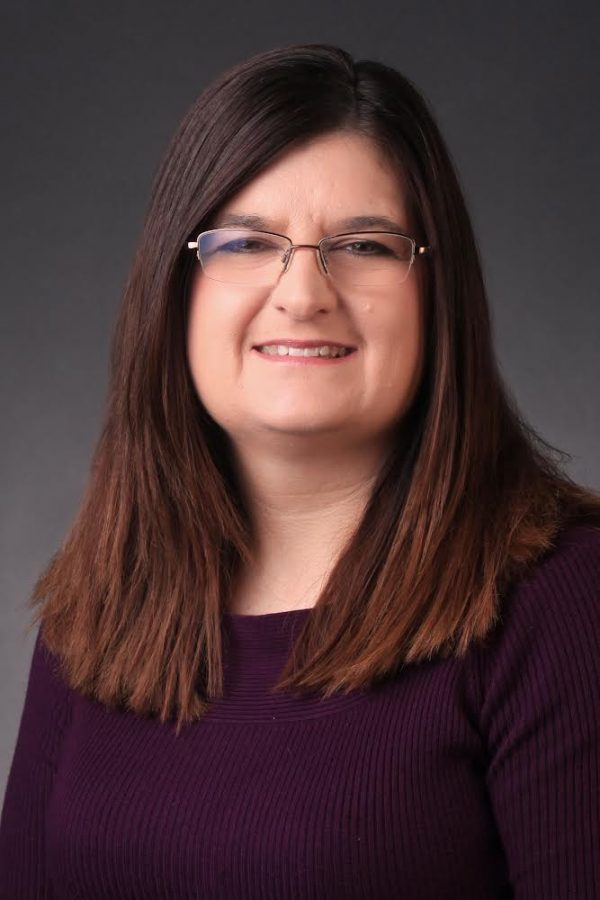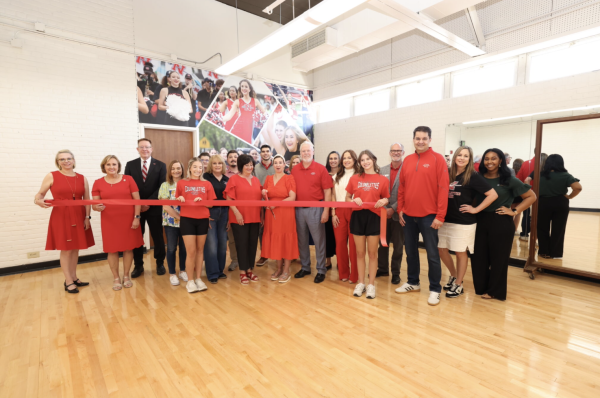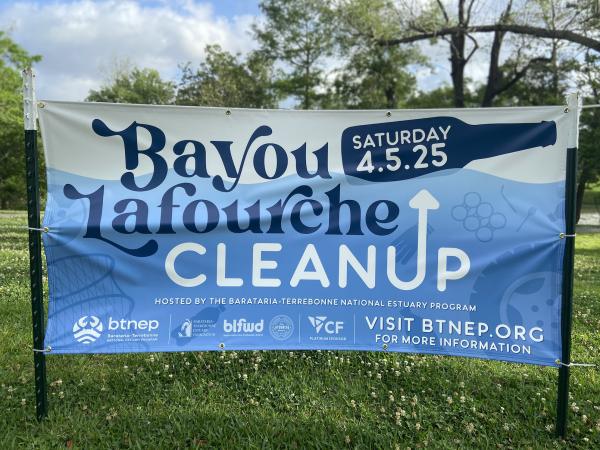Nicholls data analyst recognized for new ULS Service Award
Nicholls State University has formally recognized Renee Hicks for the James Callier Servant Leader Award.
The James Callier Servant Leader Award is a new award, with Hicks being the first recipient. James Callier, the first University of Louisiana System President, has served the state of Louisiana as a lifelong secondary and post-secondary educator, and he now works as an executive director for the Patrick F. Taylor Foundation.
Hicks currently serves as the Assistant Vice President of Strategic Initiatives, Effectiveness, and Planning at the Office of Institutional Research, Effectiveness, and Planning. She started as a research assistant in 1997, and she has since worked her way up to this position, being promoted in 2019. The IREP office is responsible for gathering student data from surveys and sharing this data to faculty, staff and students.
In 2017, Hicks identified trends within the Black male population at Nicholls State University. According to a press release released by Jacob Batte, the Media and Public Relations Director at Nicholls, these trends eventually led to the creation of CROWN.
CROWN, formally known as the Colonels Retention of Winners Network, has become a huge success amongst the Black male community on campus. This program has since increased retention and graduation rates amongst Black male scholars.
Hicks has witnessed many touching occurrences by supervising CROWN, and she reported how she saw members interact with one another.
“They [Black male scholars in CROWN] see that their education is going to benefit others rather than just themselves,” Hicks said.
In addition to overseeing CROWN and researching, she also oversees the university’s enrollment and admissions offices. In her 25 years serving Nicholls, Hicks reflected on her time as a data analyst. She testified that 25 years ago, data was looked at in a very stigmatized manner, but the opinions surrounding data have since changed. Upon personally looking at data trends, she finds herself wanting to dive deeper into the data that students provide through surveys.
“We are doing a lot to make the data more visible,” Hicks said. “We have dashboards on our website that we are trying to encourage students to look at.”
For the future, Hicks is continuing to look at data surrounding first-generation college students. As someone who was a first-generation college student, Hicks sympathizes with these students and wants more resources for these students.
“Keeping people’s minds available with data helps to drive resources to needs,” Hicks said. “Data starts cultural change.”

I am a sophomore Mass Communications major with a focus in Journalism and a minor in Literary Studies. When I graduate, I plan to move to Atlanta and strive...












